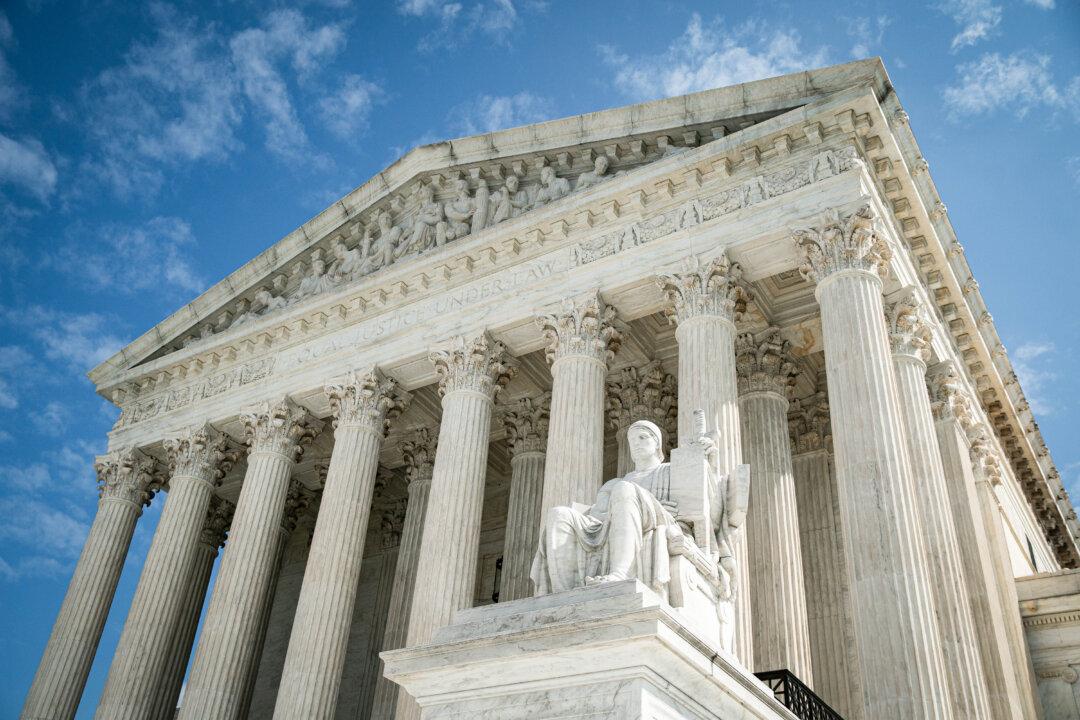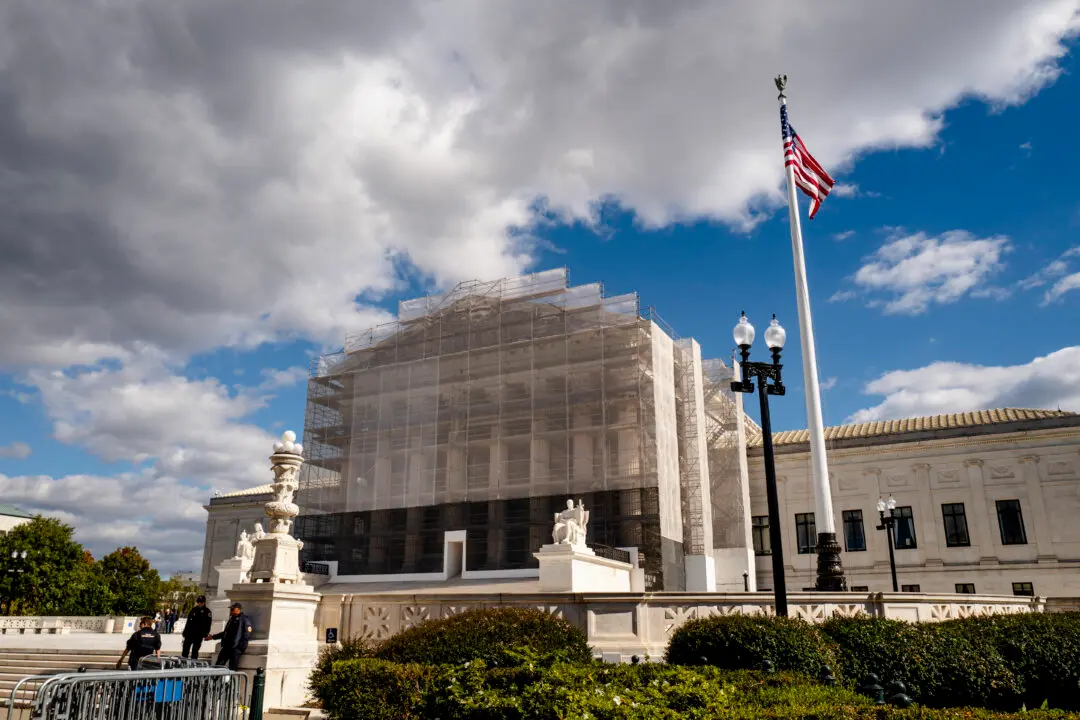Commentary
If you have read my Epoch Times series “How the Supreme Court Rewrote the Constitution,” you know that the justices have stretched some of the Constitution’s terms greatly to support the federal government’s unlimited hunger for power. Among the victims of this distortion (besides the American people) are the Taxation Clause (Article I, Section 8, Clause 1), the Commerce Clause (Article I, Section 8, Clause 3), and the Necessary and Proper Clause (Article I, Section 8, Clause 18).





